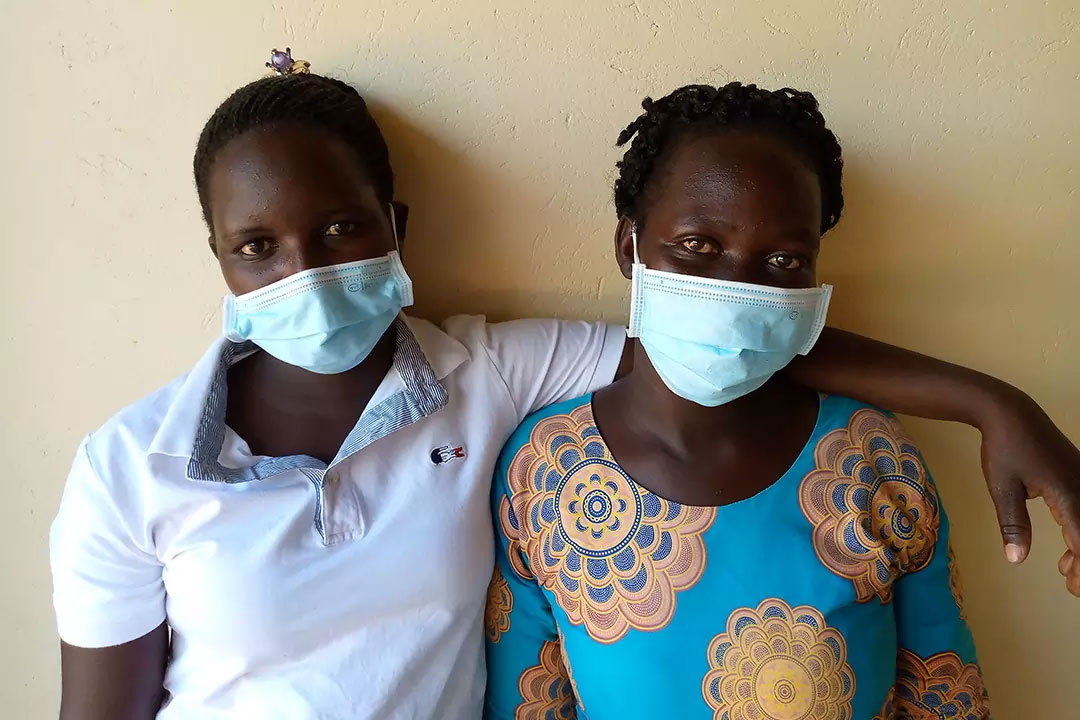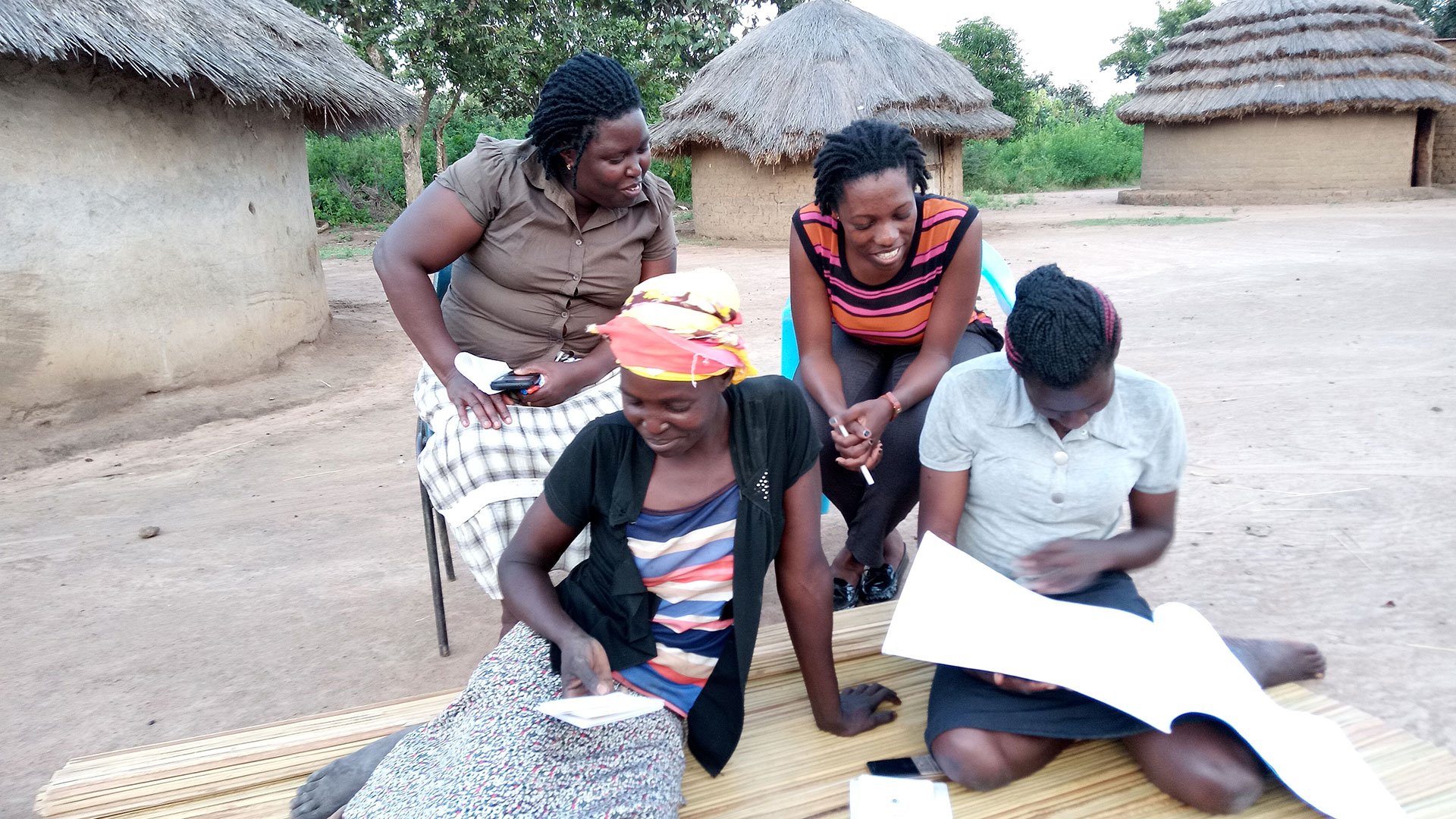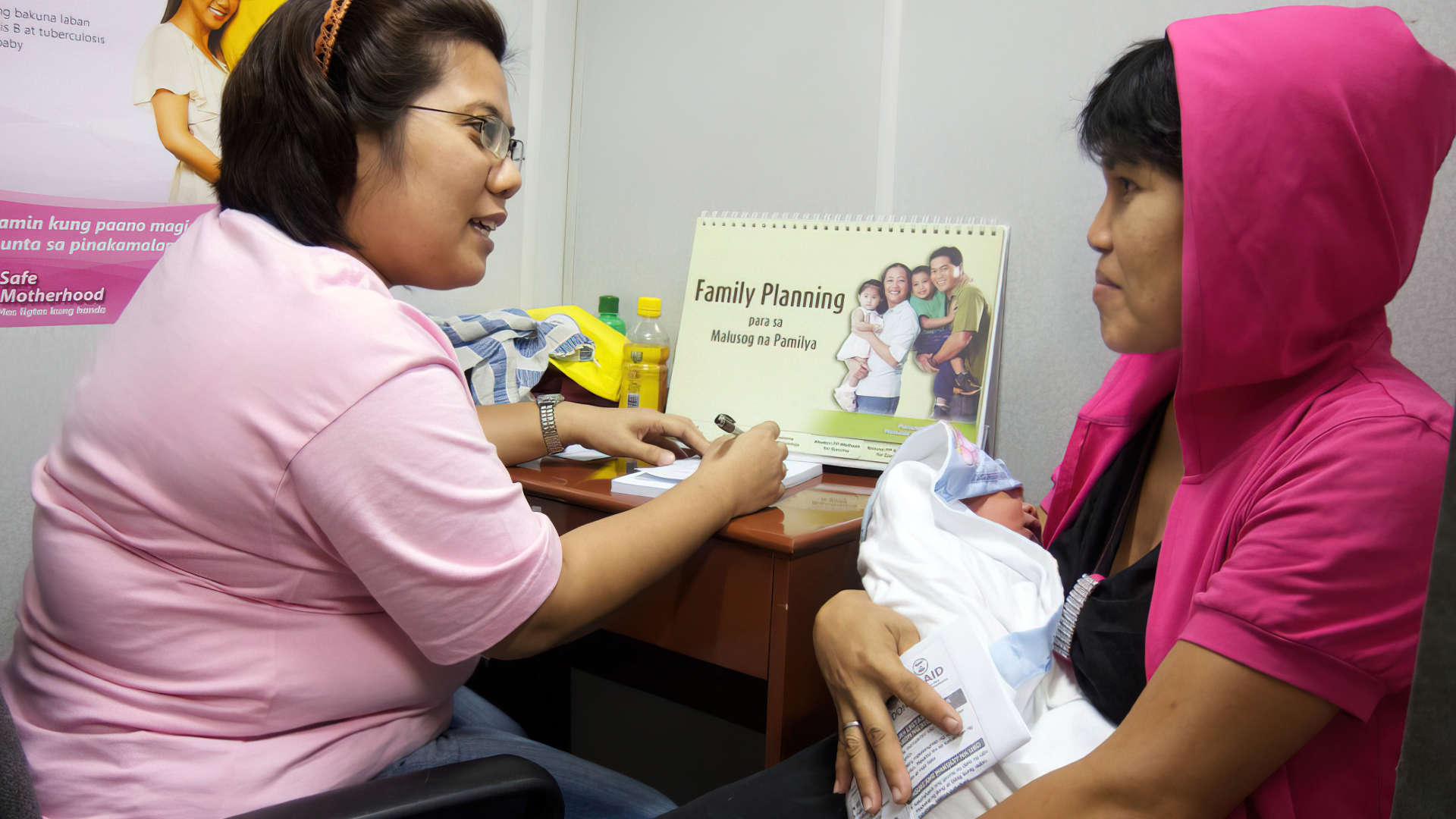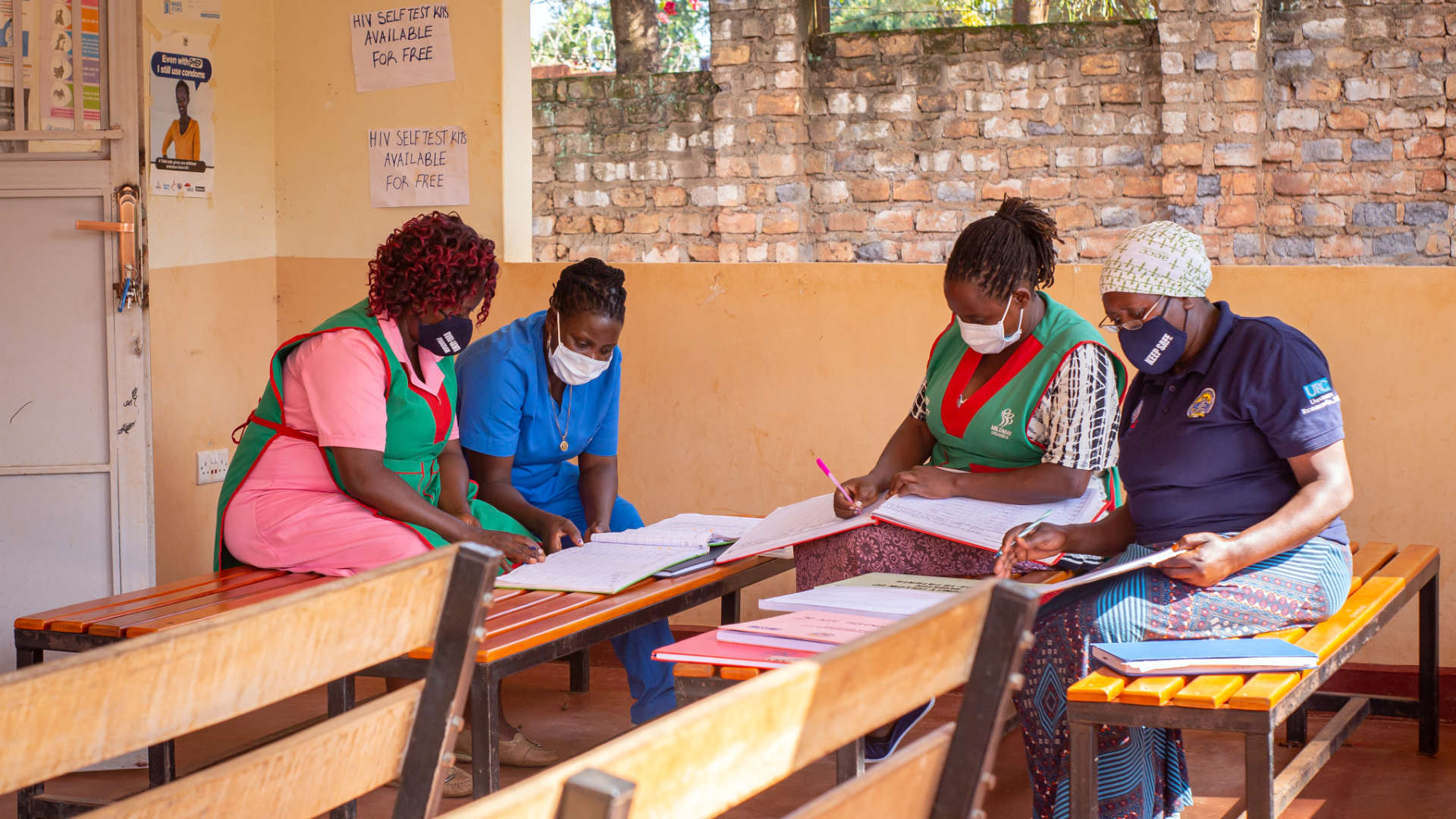Today, Irene Adong is not only a proud mother, but also a proud business owner who operates her own shop. She is also a youth community-based distribution agent (YCBDA) in the Agago District of Uganda. As a YCBDA, Adong has counseled many adolescents in her community on the dangers of teenage pregnancy, family planning (FP) choices, and the benefits of healthy timing and spacing of pregnancies.
Eight years ago, Adong never would have dreamed of becoming a YCBDA. She was abducted by the Lord’s Resistance Army (LRA) when she was nine years old and returned from the bush when she was pregnant at age 16. It was then that she discovered that her parents had died. With nowhere to go, Adong felt her only option was to get married. She quickly became pregnant with a second child, less than two years after giving birth to her first.
By the time Adong was a mother of three, her husband – who drank heavily – was unable to provide for her and her children.
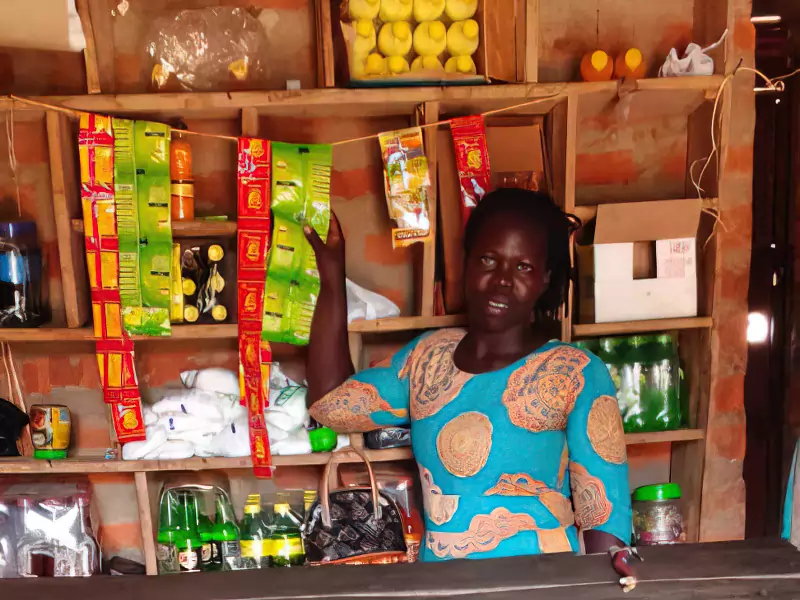
Barriers to Access of Adolescent Reproductive Health Services
Adolescents in Agago District face significant barriers to access reproductive health services. Key drivers for teenage pregnancy include limited sexual and reproductive health and FP knowledge and reliable information sources, poor access to FP services, negative peer influence among adolescents, and myths and misconceptions about FP. The district’s teenage pregnancy rate is 28% – according to the Hot Spots mapping conducted by the USAID APC Project in 2017 – higher than the 25% national average (Uganda Demographic and Health Survey 2016).
Mobilizing Youth as FP Counselors
To improve adolescent access to FP services in Agago District, and reduce the high teenage pregnancy rate, the USAID Regional Health Integration to Enhance Services in Northern Uganda (RHITES-N, Acholi) Activity mobilized youth FP counselors. RHITES-N, Acholi worked with the Ministry of Health, Agago District local government, and health facility staff to recruit and train 30 youth peers as youth community-based distribution agents to create awareness, address FP myths and misconceptions, and mobilize adolescents for FP services.
Every quarter, the YCBDAs are mentored and coached to provide adolescents with targeted FP counseling, access to short-term FP methods, and referrals to nearby health facilities to those wanting long-term and permanent FP methods. The YCBDAs are supported to conduct community dialogues with key messages on the dangers of teen pregnancy and the benefits of healthy timing and spacing of pregnancies. After YCBDA initial training, the young people are linked with health assistants and midwives at health facilities, who then serve as their primary supervisors and provide them with a monthly supply of short-term contraceptives for distribution.
Bringing Reproductive Health Home
In their communities, YCBDAs provide information on contraceptives and prevention of sexually transmitted infections, including HIV/AIDS, and offer short-term methods, such as injectable contraceptives, oral contraceptive pills, condoms, and referrals for long-term and permanent methods. Each YCBDA recruits clients by attending local community meetings, DREAMS (Determined, Resilient, Empowered, AIDS-free, Mentored and Safe) Project youth activities, and conducting home visits. They encourage fellow youth to get tested for HIV and negotiate condom use with their partners.
YCBDAs are required to meet with their supervisor monthly to give updates on their outreach efforts, receive feedback on their counseling skills, and submit monthly reporting forms on the number of clients served, contraceptives distributed, referrals made, and the type of contraceptive counseling provided. This information is later aggregated into facility reports and submitted to the district for entry into the district health information system (DHIS 2).
Reducing Teenage Pregnancies
Since the YCBDA family planning counseling initiative started, the district has registered a reduction in teenage pregnancy from 28% to 19% (DHIS 2, April -June 2021).
Said Adong, “Before becoming a YCBDA and a family planning user, I was doing badly financially and had no time to do garden work since both of my closely spaced children needed my attention.
But now I have spaced my third child, own a goat, land, and run a small business,” Adong said. “I also have time to do my garden work and support the youth in my community to delay or space their pregnancies.”
